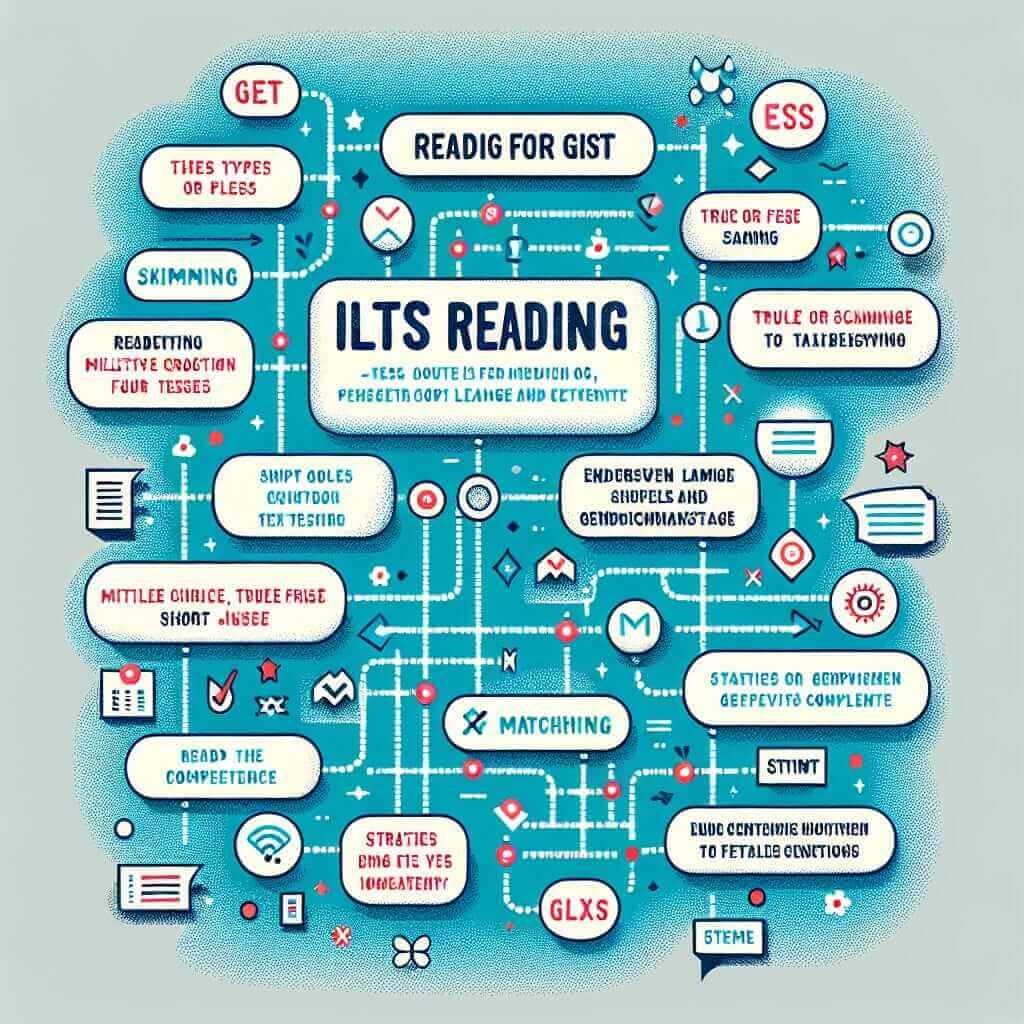Understanding the Question
As an IELTS instructor with over 20 years of experience, I often encounter students fixated on finding “the answer” in IELTS Reading. This approach can be misleading, especially with complex topics like creativity and intelligence. The question “does an IQ test prove creativity?” isn’t something the IELTS Reading section would directly ask. Why? Because it’s a nuanced issue with no simple yes or no answer.
The IELTS Reading test assesses your ability to understand complex information presented in academic texts. This includes:
- Identifying main ideas: What is the author’s overall argument or purpose?
- Finding specific details: Can you locate specific information within the text?
- Understanding vocabulary in context: How are words used within the passage?
- Making inferences: Can you draw logical conclusions from the text?
Instead of seeking a definitive answer to “does an IQ test prove creativity?”, an IELTS passage might discuss:
- Different definitions of intelligence and creativity: What constitutes each concept, and how are they measured?
- The limitations of IQ tests: What aspects of intelligence do they measure well, and what do they miss?
- The relationship (or lack thereof) between creativity and IQ: Does a high IQ correlate with creativity, or are they independent?
How to Approach Such a Passage
- Skim the passage: Quickly read for the main idea and structure. Don’t worry about understanding every word at this stage.
- Read the questions carefully: Identify the keywords and the type of information required (e.g., specific detail, inference, etc.).
- Scan the passage for relevant information: Use keywords from the questions to locate relevant sections.
- Read carefully and critically: Analyze the information presented in the passage. Pay attention to the author’s tone and any arguments presented.
- Answer the questions based on the text: Avoid using your own prior knowledge or opinions. Base your answers solely on what the passage states or implies.

Example
Imagine an IELTS Reading passage discussing the history of intelligence testing. It might mention that early IQ tests focused heavily on logical and linguistic abilities, neglecting other aspects like spatial reasoning or musical talent.
A question could then be:
Do the authors believe early IQ tests provided a complete picture of intelligence?
To answer, you wouldn’t rely on your own opinion about IQ tests. Instead, you’d need to identify the relevant section in the passage and analyze the authors’ viewpoint based on their words and the context of the discussion.
Tips for Success
- Practice active reading: Engage with the text by underlining keywords, highlighting main ideas, and jotting down brief notes.
- Expand your vocabulary: Regularly learn new words and practice using them in context. This will help you understand complex passages more easily.
- Familiarize yourself with different question types: The IELTS Reading section features various question formats, such as multiple choice, true/false/not given, and sentence completion. Understanding how to approach each type is crucial.
Conclusion
Remember, the IELTS Reading test evaluates your comprehension and analytical skills. Focus on understanding the nuances of the passage and answering questions based on the information provided. By developing your reading strategies and critical thinking abilities, you can confidently tackle even the most challenging IELTS passages.